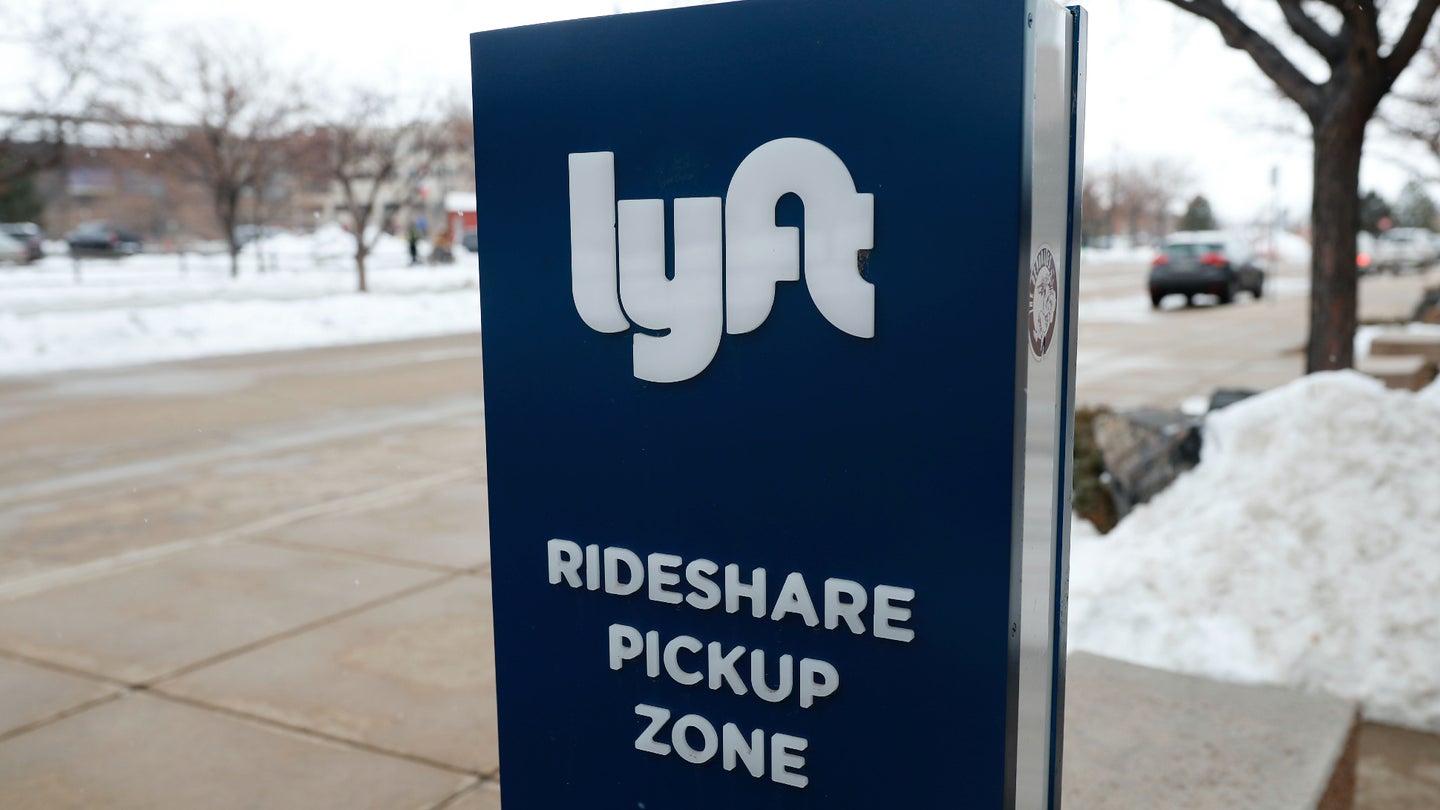California Judge Rules Uber and Lyft Must Classify Drivers as Employees
The ruling is stayed for 10 days to allow the companies to appeal, but it could have major implications down the road.

A California judge ruled today that ride-hailing companies Uber and Lyft must classify tens of thousands of drivers as employees instead of independent contractors, CNBC reports. While the ruling gives the companies a 10-day window to appeal before it takes effect—and they absolutely will—it could have big consequences for the entire gig economy.
California Attorney General Xavier Becerra and city attorneys from San Diego, San Francisco and Los Angeles sued Uber and Lyft in May for violating California's new law, Assembly Bill 5 (AB5). This law was intended to force gig economy companies to classify their workers as employees and therefore force them to offer benefits such as health insurance to those workers. Naturally, the bill was met with strong opposition from tech companies that rely on gig workers in order to keep the costs of employing their workforce low.
Judge Ethan Schulman of the San Francisco Superior Court acknowledged that Monday's ruling would affect large numbers of Uber and Lyft drivers, but had little time for the ride-hailing companies' refusal to comply with AB5, calling their actions a "prolonged and brazen refusal to comply with California law."
"Defendants may not evade legislative mandates merely because their businesses are so large that they affect the lives of many thousands of people,” the judge continued.
In an op-ed for the New York Times Monday, Uber CEO Dara Khosrowshahi argued that Uber drivers enjoy the flexibility of setting their own schedules. Khosrowshahi also claimed that the added costs of complying with AB5 would be passed along to consumers and could potentially cause the company to withdraw from some cities. Instead of offering traditional benefits to workers, he advocated for a shared benefits fund among gig-economy companies where companies would contribute to a pool of money that could be distributed to workers for those workers to be able to use as they see fit.
Khosrowshahi and Judge Schulman had some common ground insofar as agreeing that fewer ride-hailing drivers will meet the minimum standards to become full-time employees—a factor which Khosrowshahi believes will drastically reduce the number of drivers available on the road. Judge Schuman wrote, as quoted by CNBC:
"The Court does not take lightly Defendants’ showing that a preliminary injunction may also have an adverse effect on some of their drivers, many of whom desire the flexibility to continue working as they have in the past, and may have commitments that make it difficult if not impossible for them to become full-time employees.”
Both companies plan to file appeals in the 10-day window granted in the ruling. However, if this decision portends future legal losses for Uber and Lyft, the rideshare giants could be in a load of trouble. Demand for ride-hailing services is already down due to the ongoing COVID-19 pandemic. The lawsuit alone could result in hundreds of millions of dollars in civil penalties aside from a requirement to pay restitution to drivers affected by the alleged misclassification. Furthermore, other states looking to enact similar measures to AB5 may see this as an opportunity to adopt their own gig economy restrictions.
Uber and Lyft will also be back in court in California as California's Labor Commissioner filed filed lawsuits alleging that the companies engaged in wage theft by misclassifying drivers as independent contractors. The lawsuits seek to recover wages allegedly owed to drivers that those drivers would have earned had they been considered employees.
Got a tip? Send us a note: tips@thedrive.com
